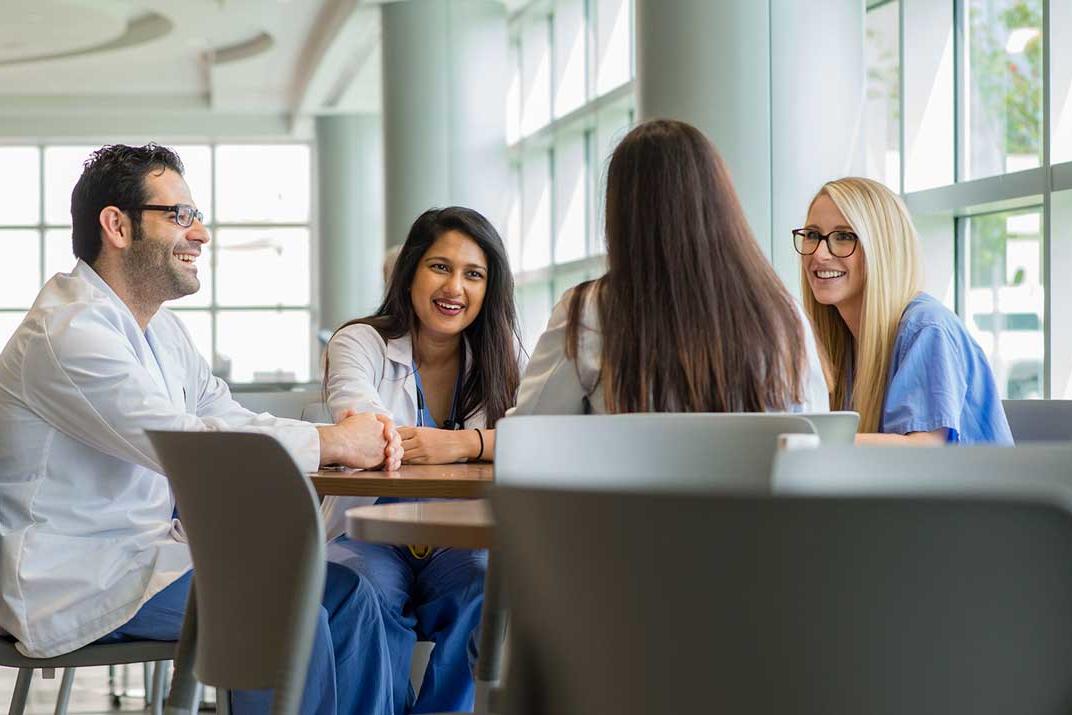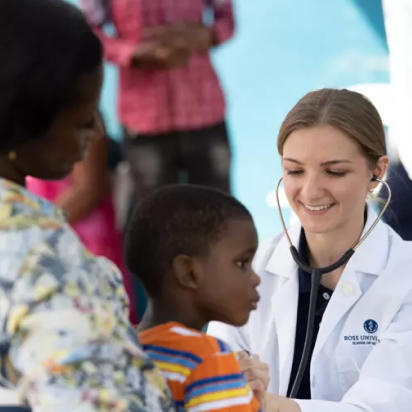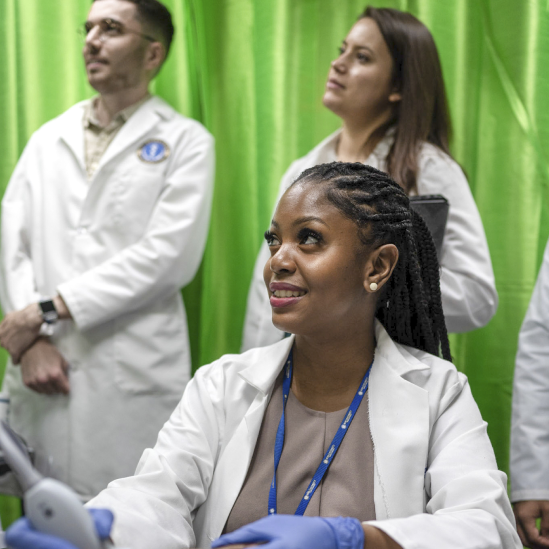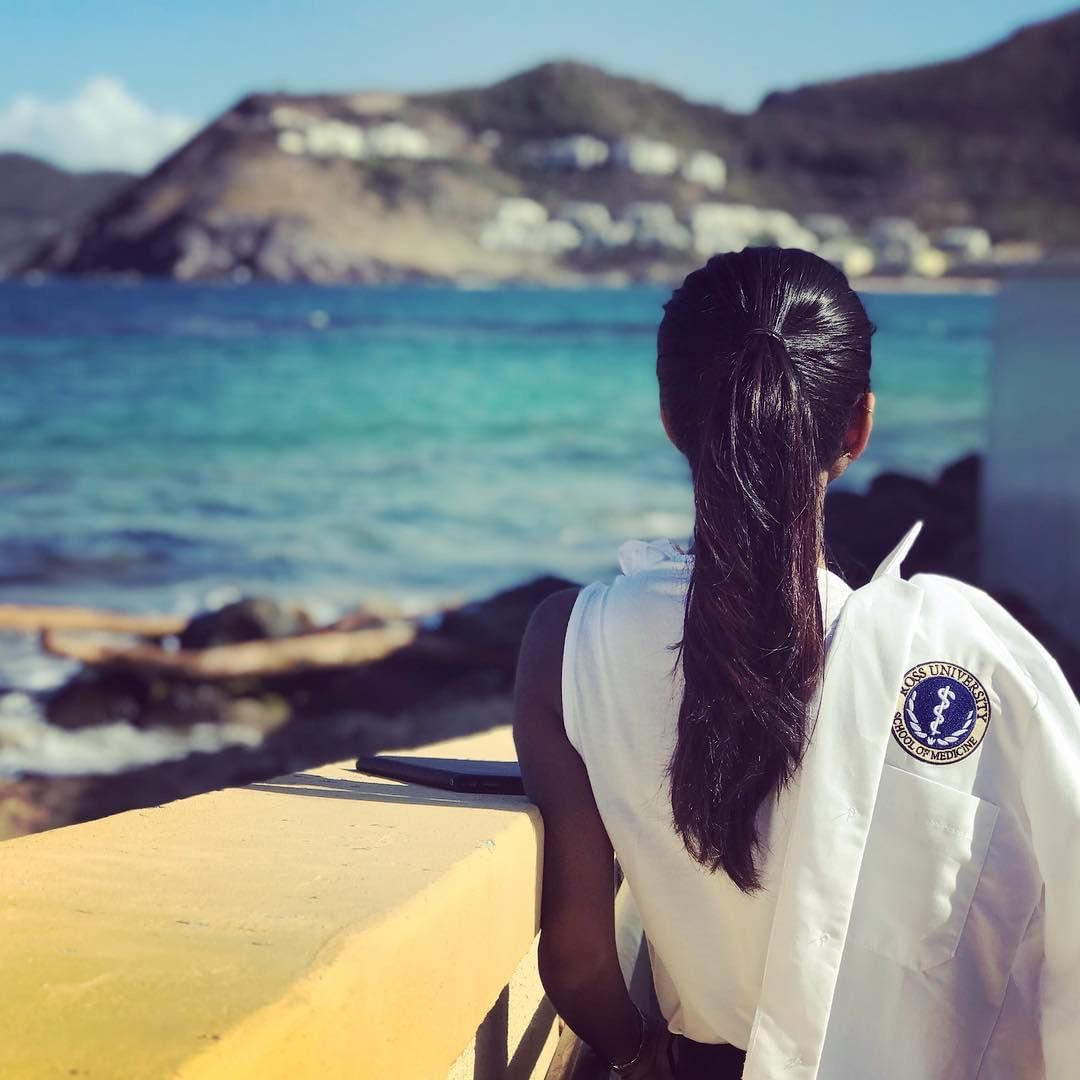Opportunities for Pre-Med Advisors
Ross Med is a well-established Caribbean medical school dedicated to providing qualified students with an opportunity to earn their Doctor of Medicine (MD) degree. With a limited number of medical school seats in the United States and an AAMC-predicted physician shortage, we believe our role in educating tomorrow's physicians has never been more important.
Despite some claims of an impending "residency squeeze" that may impact graduates' chances of attaining residencies, a recent report in a top medical journal states that fears of a residency shortage are unfounded.
Ross Med has deep US ties, from its dedicated, credentialed faculty to the institution's top leadership post. Leading Ross Med's medical program is Dean Heidi Chumley, MD, MBA. Since its founding in 1978, Ross University School of Medicine has awarded more than 15,000 graduates with a Doctor of Medicine (MD) degree.
Did You Know?
US citizens, permanent residents, and other eligible noncitizens can apply for federal loans through the US Federal Direct Loan Program. Scholarships are also available for those who apply and quality.
Pre Med Advisor FAQ
The questions you ask your pre-med advisor will depend on what matters most to you and the concerns you may have about your competitiveness for medical school. If you don’t know how a pre-med advisor can best help you, the following questions are a good place to start.
When should I apply to medical school?
How many programs should I apply to?
What are the requirements for medical school?
What steps do I need to take to become a strong medical school applicant?
When should I start requesting letters of recommendation?
Pre-med advisors can help students by providing guidance about medical school requirements, ensure that students graduate on time, complete all their degree qualifications and pre-med prerequisites, check in with students to gauge their competitiveness with different programs, provide tools to ask for letters of recommendation and help students explore the importance of shadowing experiences and extracurricular activities, among others
Pre-med advisors provide you with guidance and information you need to feel confident to begin completing your applications to medical school.
Some colleges have a dedicated pre-professional advising office that includes pre-med advisors for students who are seeking a career in a health-related field. In other institutions, it may be a science professor, a general counselor in career services or even the dean’s office. Check with you school’s website as most advisors can be reached via email to schedule a time to meet.





